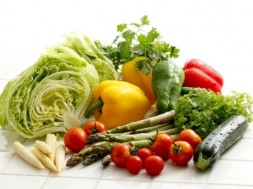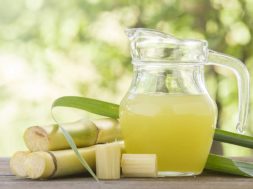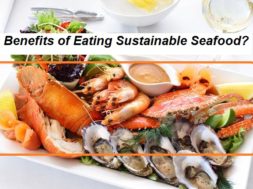Organic Health Foods and Their Value
Scientific evidence has shown that there is a difference between organic and conventional produce. It is common sense that food grown in healthier soils using only natural fertilizers and no chemicals is definitely going to be full of more nutrition. This means that your body will not be taking in and absorbing chemicals that otherwise would be in the food.
In studies done with rats that ate organically or at least a diet with minimal fertilization showed the following benefits:
* Improved immune system
* Better sleeping habits
* Rats were slimmer and gained less weight
* Higher vitamin E content in their blood
The most compelling evidence comes from a $25-million study that was funded by the European-Union with organic food and so far the largest study of its kind. The researchers conducted a four-year study raising cattle on adjacent organic and non-organic sites along with growing fruits and vegetables.
The findings showed that organic food is by far more nutritious providing better health and longevity than food grown chemically. The studies confirmed that organic fruits and vegetables had higher levels of minerals containing up to 40% more antioxidants.
Now for a word of caution – READ YOUR LABELS, some organic labels have been compromised. Big business has moved in such as the ‘Wal-Mart’s’ of the world, which is now the largest organic retailer in the U.S. As an example, they are selling organic milk that comes from confined factory farm dairies, which do not follow the proper ‘organic’ protocol. Cheap organic foods and ingredients from China and Brazil are being imported. Signs are posted in its stores saying that non-organic items are actually organic, which is very misleading to customers.
Organic food is now a multi-billion dollar business with sales growing beyond $16 annually. Unfortunately, the quality and the meaning of the organic labels is being compromised.
Don’t be deceived by ‘organic labels’ that are attached to “junk food” (i.e., ice cream, crackers and potato chips to name a few). There is no such thing as ‘organic junk foods’. You hopefully know that potato chips are one of the worst foods you can eat!
Big business knows how to reach the customer, making you think you can ‘have your cake and eat it too’! Big business is simply looking at their ‘bottom line’!
The best way to know if you are getting ‘real organic’ foods, is to look for the USDA Organic seal. This seal represents organic quality and is your best assurance that you are getting the ‘real deal’! Manufacturers and growers have to meet very strict standards in order to qualify for the USDA seal. This is one thing good that the government apparently does!
The criteria for 100% organic is that the product must be grown and processed using organic farming methods that recycle resources and promote biodiversity. Crops must be grown without synthetic pesticides, petroleum-based fertilizers, sewage sludge-based fertilizers or bioengineered genes. When it comes to livestock, it cannot be given any antibiotics or growth hormones, in order to qualify as organic.
If the product is labeled as ‘organic’, it must contain at least 95% of organic ingredients. Organic foods are lower in residues and compounds that are hazardous to one’s health. So buying and growing organic foods is not only better for your health but better for the entire planet.
Any label that says ‘made with organic ingredients’ must contain between 70-90% of organic ingredients.





